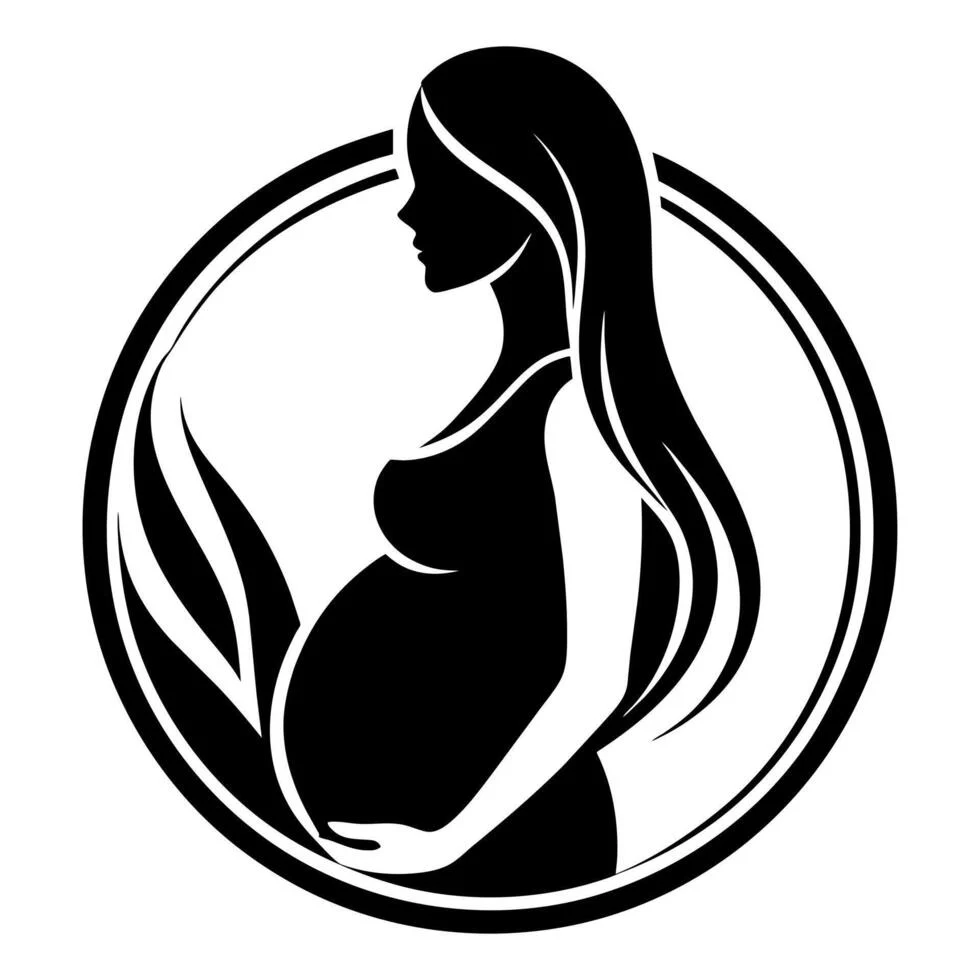There seems to be a growing trend of women downplaying the reality of C-sections, claiming they are “easy” and “the better option” compared to vaginal delivery. Let’s get real—that’s just not the case.
Not too long ago, I was chatting with some moms about my upcoming scheduled C-section. They remarked on how lucky I was to avoid the “pain and struggle” of a vaginal birth, assuring me I’d be back to my routine in no time. One even exclaimed, “C-sections are a breeze!”
I walked away feeling a bit confused. Sure, my last C-section was five years ago and went smoothly, but I recall it being a harrowing experience—excruciatingly painful. For the first 24 hours post-surgery, I felt like I was in a horror film. “Maybe I’m just overreacting,” I thought.
But after having a repeat C-section just a month ago, I realized I was not being dramatic; those women must be living in a fantasy world.
It dawned on me that those who claim a C-section is “just a quick, easy procedure” are either completely out of touch, trying to soothe your nerves, or they’re what I like to call “C-section unicorns.” Yes, these mythical creatures exist. Some of my friends fit this mold, and I can’t help but feel a twinge of jealousy.
These unicorns seem to glide out of the hospital, ready to pop open a bottle of wine and whip up a gourmet meal while their baby is snugly strapped to their chest. They appear pain-free, as if they just had a routine check-up. I had a friend who was sipping champagne the day after her delivery—seriously? I barely felt human after mine, looking more like a zombie with my blood loss.
Don’t be fooled by these magical beings. If you start thinking you should measure yourself against them, you’ll end up feeling like something’s off with you, which is far from reality.
If you’re still reading, I commend you. Let’s dive into the unfiltered truths about the aftermath of a C-section—stuff that baby books seem to gloss over.
The Reality of Recovery
First off, it’s perfectly normal to feel like you’re on the brink of death. Seriously, if you don’t feel like you’re going to die after major surgery, something might be off. No amount of painkillers will change the fact that it’s going to hurt like hell.
Do what you need to do to cope. Take the meds, let your baby stay in the nursery for a while, and don’t hesitate to use formula. Those initial days won’t define your motherhood. Focus on healing so you can be the best mom possible when you leave the hospital.
You might feel like you’re dealing with a UTI for a while, but often it’s just a bruised bladder from the catheter. Yep, that’s a real thing. You may find yourself needing to turn on the faucet just to help with the urge to pee—totally normal, yet utterly frustrating.
Breastfeeding may make you feel nauseous. I was blindsided by this, having had no issues before. Every time I tried to nurse, I felt woozy and ready to hurl. My husband thought I was being overly dramatic, but after some quick research, we discovered that a handful of women experience this due to blood pressure drops or dehydration. Lucky me to be part of that statistic.
And let’s talk about sweating—oh my goodness! I’ve never perspired so much in my life. I was changing shirts and slapping on deodorant like it was my job. You might as well ditch the sheets, as you’ll be washing them constantly with sweat, spit-up, and diaper explosions.
Here’s another fun tidbit: your incision may partially split open. This was my biggest fear, yet after chatting with friends, I found out it’s more common than I thought. Why isn’t anyone talking about this? It felt like a secret society of C-section survivors was keeping quiet.
You’ll likely feel like an invalid. It’s surprising how often you bend over and pick things up until you’re told not to. Expect to get frustrated and emotional because you can’t do what you want. Hormones will make you feel like you’re on a rollercoaster of emotions, especially when you’re bombarded with images of other women feeling blissful postpartum.
But if you’re still feeling down after six weeks—feeling trapped or anxious—get help. It’s tough admitting you can’t do it all, but don’t hesitate to seek support. Anti-depressants can be a lifeline.
Embracing Your Journey
Childbirth is hard, no matter how it happens. There is no “easy way out,” unless you’re one of those rare women who didn’t realize they were pregnant until the baby appeared. For most of us, it’s painful and overwhelming. So, be kind to yourself, and stop comparing your journey to others. Every recovery is unique and deserves respect.
Just hold that little one close and remember, “I went through hell for you, so you better eat those peas!”
For more insights on pregnancy and C-sections, check out this excellent resource on intrauterine insemination. And if you’re curious about self-insemination, you can find helpful tools at Make a Mom.
Summary
C-sections are not the easy alternative some make them out to be. The recovery can be painful, overwhelming, and filled with unexpected challenges. It’s essential to acknowledge your experiences, seek help when needed, and not compare yourself to those who seem to recover effortlessly. Every journey is unique and deserving of compassion.
